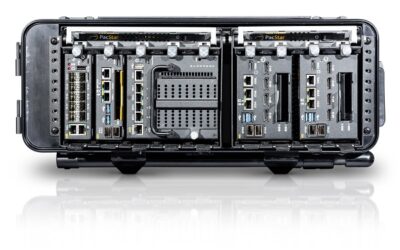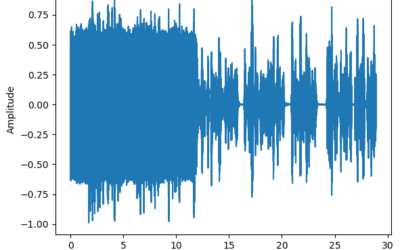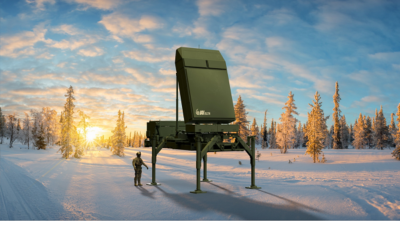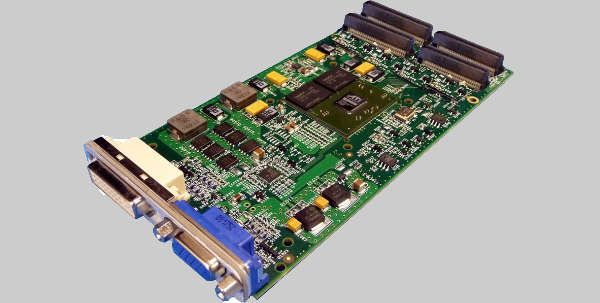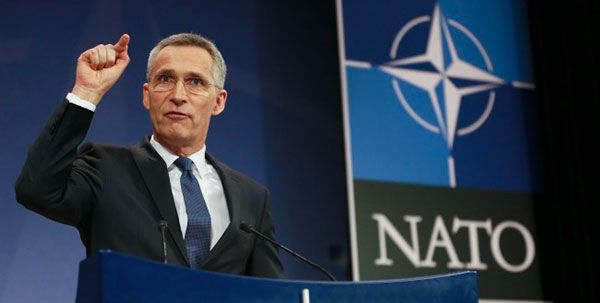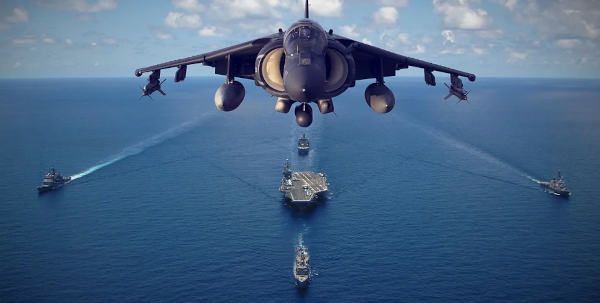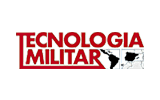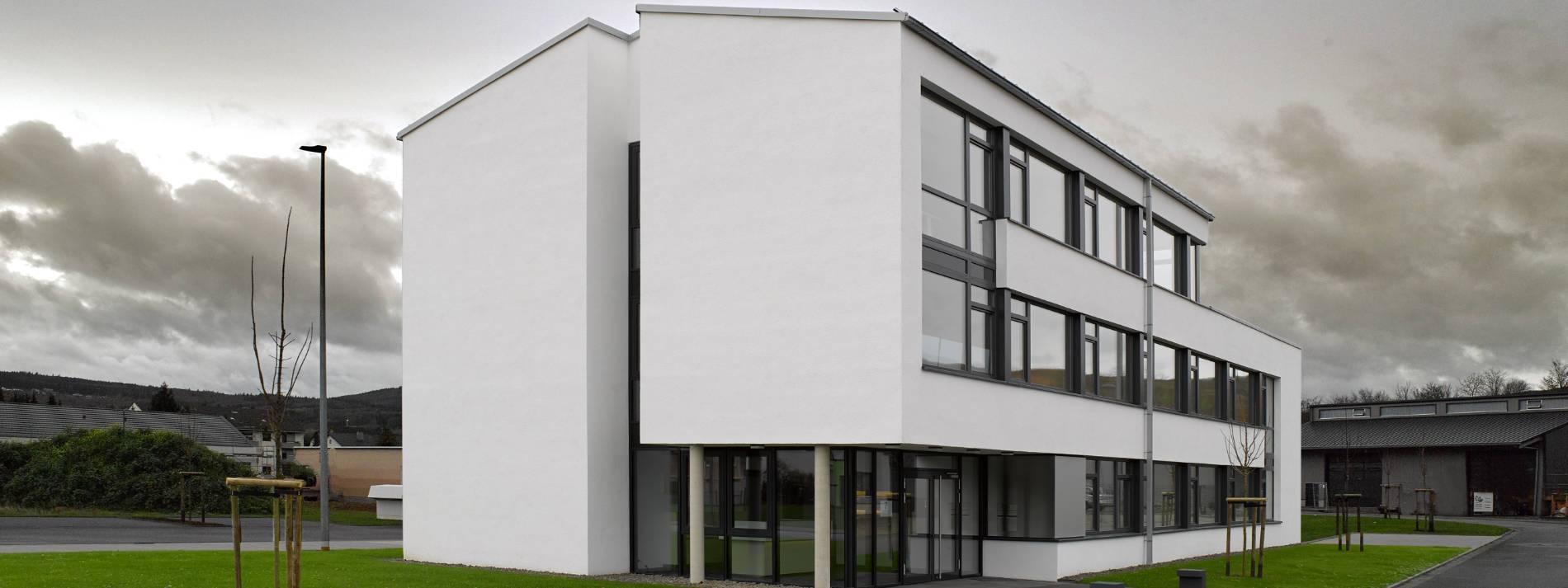EU-Level Cooperation Required
EU-level cooperation could help the European defence industry overcome the hurdles it faces that result from the COVID-linked crisis, participants at the European Defence Agency’s (EDA) conference have heard.
On 3 and 4 December, EU and NATO senior officials and European defence stakeholders gathered online to discuss the industrial, operational and political aspects of “Sustaining EU Defence.” According to Lucie Béraud-Sudreau, Programme Director at the Stockholm International Peace Research Institute (SIPRI), EU Defence has so far suffered few consequences from COVID.
The most affected, she stated, have been those companies – especially SMEs – in the aerospace sector addressing both civil and defence markets, where revenues lie 60% in the civil and 40% in the military domains. “If you take away the 60%, survival is very complicated” and there is also a “risk of a domino effect,” she told participants.
In the longer term, the crisis will lead to both “uncertainty of expenditure […] and greater competition on export,” as countries like India, Brazil and Australia will prioritise their domestic industries. She asked delegates to consider how long Europeans could continue to act in isolation and address these markets in an uncoordinated manner. The solutions, she suggested, lie in industrial cooperation and consolidation, which will not only lead to less duplication, but also support moves towards the desired increase in defence spending.
Giovanni Soccodato, Strategic Chief at Leonardo, shares similar views. EU instruments such as the EDF “would multiply reduced national budgets,” he suggested, adding that a “new age of large structural multinational capability development programmes” is needed, in order to meet the requirements of EU military forces for the future. Innovation and development should have a special role to play.
The conference took place just weeks after publication of the EU CARD review and the NATO Strategic Concept, at a moment when the EU defence is trying to better define its objectives and roles.
Several participants stressed the importance of EU cooperation, but all of them also emphasised the role of NATO as the first pillar of collective defence.
Some of them, however, highlighted some limitations linked to the implementation of principles and theories, such as “strategic autonomy,” which Vice Adm Hervé Bléjean of the EU Military Staff recognised as important for non-NATO EU countries or operational theatres. At the same time, Adm Michel Hofman, Belgium’s Chief of Defence, said the idea of developing capacities without American, Canadian and British support is an “illusion” – despite the fact there is some room for EU autonomy.
The free exchange of military personnel may also pose some problems. Although examples exist such as Belgium, which enlists European personnel in its armed forces, there are perplexing complexities that remain largely unresolved. One of these, Hofman suggested, is the issue of cultural differences, while Jukka Juusti, Permanent Secretary at the Finnish Ministry of Defence, expressed doubts about a truly pan-European level of cooperation and, mentioning the frequent close levels of collaboration between Finland and Sweden as an example, suggested that “regional cooperation is the key.”
Caterina Tani reporting from Brussels for MON

